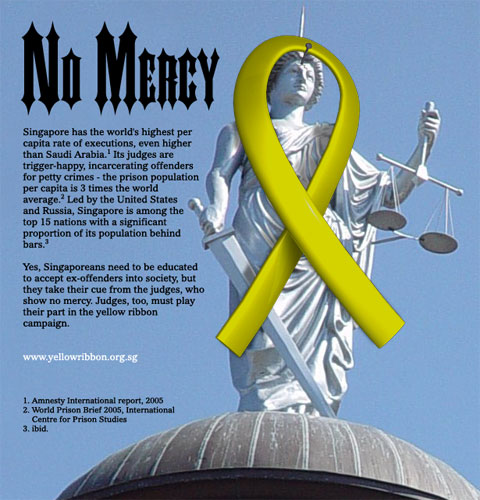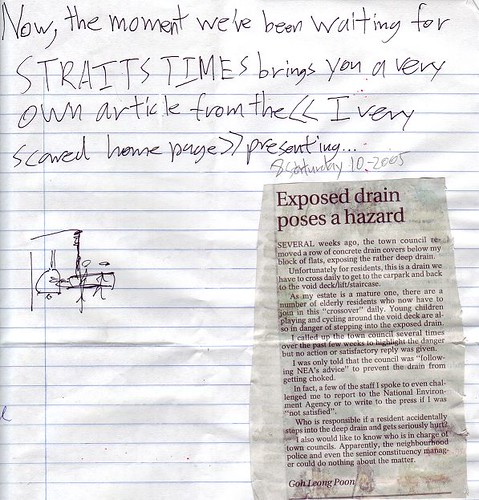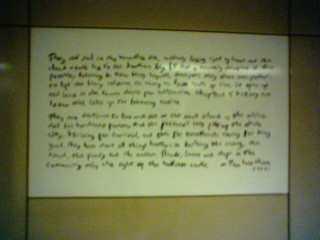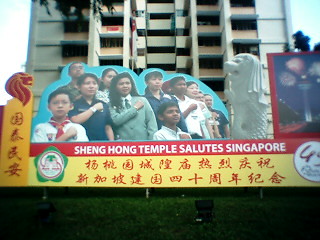
Are you happy to see me, or is that an iPod in your briefs?
(Okay, fine. Not the most improbable iPod fashion item, since there's a ladies' accessory involving iPods, batteries, and vibration...)

Our meritocratic system, and the fact that academic intelligence (some would call it IQ) is to a large extent genetically determined, has already allowed the cream to float to the top.
A person’s IQ — meaning, a test score — is a phenotypic trait, while the genes influencing IQ are the person's genotypic IQ. Heritability is the relationship between the two. Suppose that, for a given environment, a standard deviation difference in genotype is associated with a fraction h of a standard deviation difference in IQ. Then h^2 is the heritability of IQ. Estimates of h^2 are based on the degree of similarity of IQ among twins, siblings, cousins and others with differing degrees of genetic relatedness. The value cannot be higher than 1, and most recent estimates are substantially lower, possibly more like a half or less.
While blogs in Singapore are largely accounts of personal lives with the odd post on social and political issues, several prominent blogs have appeared that choose to focus on such issues, including at least three by opposition politicians. This paper will thus examine the effects the sedition incident and other recent incidents involving online speech have had on the local blogging community. Through interviews with 20 bloggers, the paper explores if a "chilling effect" is being produced among those who blog on political subjects, given the vagueness of the laws and code of practice that govern online discussion of political issues. Also, the paper looks at how bloggers who discuss such subjects negotiate the various legal pitfalls that surround online communication. By doing so, it is hoped that the paper provides an insight into the future of blogs as applied to social and civic discourse in Singapore and the potential effects that these non-traditional sources of information are capable of invoking.
Simply stated, the distinction is this: academic work is inherently conservative inasmuch as it seeks, first to fulfill the relatively narrow and policed goals and interests of a given discipline or profession and second, to fulfill the increasingly corporatised mission of higher education; intellectual work, in contrast, is relentless critical, self-critical, and potentially revolutionary, for it aims to critique, change, and even destroy institutions, disciplines and professions that rationalise exploitation, inequality and injustice.
The social scientist has an obligation to see to it that the social world loses its character as a natural phenomenon, that the question of the natural or conventional character (phusei or nomo) of social facts can be raised. Academic discourse, in the universe of discourse or argument, must combat orthodoxy, straight, or rather straightened opinion that aims at restoring the primal state of innocence of doxa (the natural, undiscussed, and undisputed), and instead become heretical, heterodox, to alert consciously to readers of the existence of competing possibles and the sum total of the alternatives not chosen that the established order implies.



So we're going to hold a meeting there where the public can see real lesbian and gay people... talk about gay stuff. The public are of course free to wander in and listen. We're even going to allow members of the public to speak and offer their views. However, we will set one condition. If anyone wants to speak, he must take on the persona of a gay or lesbian person and speak from that perspective.
Would you mind writing up a brief outline of how you envisage conducting the meeting, and what issues would be addressed? Perhaps if you have any other information about the PLU(3) group, and a list of its recent state interactions and public profilings, that would also be useful.
In the planned Open Closed Door Session, a few of them, about 5 to 6, plan to talk about a Quarterly forum they are organizing in January and the forums after that. Possible forum topics are "The Singapore Constitution and Gender Issues" and "The Home Affairs Ministry's Review of Sex Laws"


On November 15, 2004, a report on CNN.com briefly described a clash in the Iraqi city of Baquba, including an insurgent attack with rocket-propelled grenades on members of the First Infantry Division, in which four American soldiers were wounded. CNN did not post any images of the battle, and the incident wasn't given much attention in other media.
But visitors to the amateur porn website nowthatsfuckedup.com were given a much closer view of the action. Originally created as a site for men to share images of their sexual partners, this site has taken the concept of user-created content to a grim new low: US troops stationed in Iraq and Afghanistan are invited to display graphic battlefield photos apparently taken with their personal digital cameras.

Singapore has banned movies for sexual content, extreme violence, excesive drug use, and extreme religious views that may encourage violence. The list are movies that can be purchased at amazon.com. I've learned of the extent Singapore bans films via my position as a Customer Service Liaison.
One task is processing returns that have incomplete information and the Media Development Authority sends back just enough information for me to process the undeliverable shipments for the confused customer who only gets part of their order.
Sometimes we receive keepers. That's when the the viewer thinks the DVD is so nefarious that it must be kept in Singapore for further inspection. As of late there have been fewer keepers and some aren't even inspected just refused.



It’s good luck, it's good government, it's strong people. You look at the other countries which have reached this point after independence, after the war. The problems that have beset them, the existential angst they feel.
Look at Israel at this point in their history which is probably about 1990. The problems are almost insoluble for them but for us with prosperity, peace with our neighbours, with our people looking forward to a better future and when you have the parade, the same spirit, the same togetherness, that same conviction that we will do our best for Singapore.

Whenever people start talking about the interrelationships between regime type, the rule of law, economic development, and political corruption, the outlier is always Singapore.